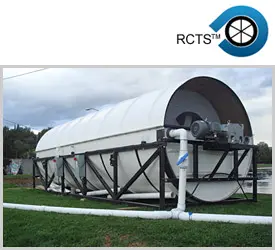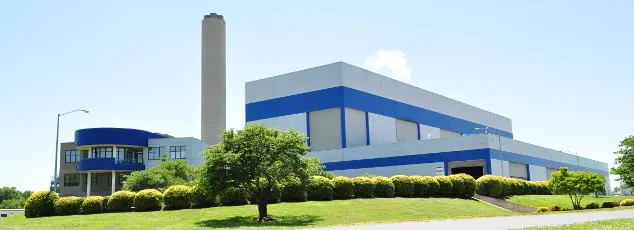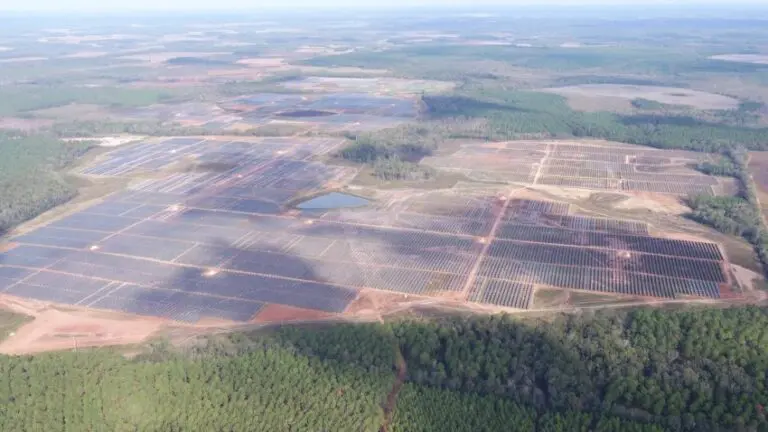Cellulose from Wastewater Can Now be Turned into Fuel for Cars
Marlborough, MA (Vocus) October 7, 2009
 Recyllose™, a recycled solids-based material produced from municipal wastewater, can now be turned into fuel for cars, announced Applied Cleantech and Qteros, the advanced biofuels company whose breakthrough Q Microbe™ technology can turn biomass into cellulosic ethanol.
Recyllose™, a recycled solids-based material produced from municipal wastewater, can now be turned into fuel for cars, announced Applied Cleantech and Qteros, the advanced biofuels company whose breakthrough Q Microbe™ technology can turn biomass into cellulosic ethanol.
Qteros has entered into a joint development project with Applied CleanTech (ACT), a commodities recycling company based in Israel, to use ACT’s Recyllose™-based feedstock, produced from municipal wastewater solids, for even more efficient and low-cost ethanol production. ACT’s Sewage Recycling System (SRS), a revolutionary solution for recycling wastewater solids, produces high-quality alternative energy sources for the production of electricity or ethanol, while reducing sludge formation and lowering wastewater treatment plant costs and increasing plant capacity.
The companies said they are the first to demonstrate commercial success in creating ethanol from the cellulose in municipal and agricultural liquid waste, and to offer a process that all municipalities can use to help reduce expenses.
“Our customer is every municipality that has a wastewater treatment plant,” said Jeff Hausthor, Qteros co-founder and senior project manager. “It will provide a value-added product for municipal waste water plants, thereby making treatment plants much less expensive to run and helping local governments throughout the world with their constrained budgets.”
Israel Biran, ACT’s CEO, added, “It also helps answer the question of what municipalities can do with their sewage sludge, a major challenge now facing every wastewater treatment plant operator.”
ACT has spent six years developing its integrated sewage recycling solution. Its high quality Recyllose™-based feedstock offers high cellulose content and low moisture, facilitating more efficient ethanol production. The SRS is already in commercial use, with facilities in Israel and the United States currently making Recyllose™-based products from sewage sludge and other cellulose-rich waste while reducing sludge output and wastewater treatment plant costs.
By using ACT’s proprietary feedstock, Hausthor said Qteros and ACT’s researchers have found that an ethanol production plant can produce 120–135 gallons of ethanol per ton of Recyllose™.
Since Recyllose™ is low in lignin (a major component of plant cell walls that is difficult to degrade), and lignin can be inhibitory to efficient conversion to ethanol, Hausthor said the material improves cellulosic plant operational efficiency 20 percent over higher lignin content feedstocks.
Qteros’ CEO William Frey said that with previous technologies, a cellulosic ethanol plant would have to produce roughly 20-30 million gallons per year (MGY) in order to be profitable. With the proposed Qteros-ACT process, Frey said, production with these economics could be viable at a smaller scale.
ACT President Dr. Refael Aharon said that a wastewater plant that handles 150 million gallons a day (serving a population of about 2 million people) can be sufficient to supply a smaller-scale ethanol plant with cellulose.
Qteros and ACT said that by applying the proprietary one-step Qteros fermentation technology to ACT’s Recyllose™ feedstock, they have achieved a high-yield, waste-to-ethanol production process that is superior to other industrial-scale processes both technically and economically.
The research has been supported in part by a grant from the Binational Industrial Research and Development (BIRD) Foundation. The BIRD Foundation funds joint efforts between Israel and the United States, and their financial support has resulted in the very successful collaboration of Qteros’ and ACT’s technologies.
The U.S. government has set a goal of increasing annual production of alternative fuels like ethanol from today’s 10 billion gallons to 36 billion gallons by 2022. Qteros predicts that this announcement will move the country one step closer to realizing its goal. “Ethanol is the best next-generation fuel,” said Frey.
For interviews and further information, please contact Patricia Charles, 301-887-1060 x111, [email protected].
Qteros is a venture-backed company committed to delivering innovative process technologies for clean transportation fuels that reduce greenhouse gas emissions at a price competitive with gasoline. Qteros is scaling up a unique microbial solution for converting non-food plants and waste into clean transportation energy. Q Microbe™ converts a wide array of cellulosic biomass directly into ethanol in a single step, consolidating enzymatic hydrolysis and fermentation, largely eliminating costly enzymes and associated pretreatment, and simplifying the entire production process. The Qteros scientists and business team are dedicated to producing liquid fuels to achieve a sustainable solution to the world’s growing energy needs.
Applied CleanTech (ACT) specializes in recycling valuable raw materials such as cellulose and oil from wastewater sources and recycling them into alternative energy sources, while reducing sludge formation and lowering wastewater treatment plant (WWTP) costs. ACT has demonstrated improved WWTP efficiency and low-cost extraction of recyclable materials on a pilot scale in wastewater treatment plants located in Israel and the USA, and currently installs commercial SRS units in Israeli sites through its local Israeli representative.
See http://www.qteros.com and http://www.appliedcleantech.com for more information.
###
![]() ©Copyright 1997-
©Copyright 1997-
, Vocus PRW Holdings, LLC.
Vocus, PRWeb, and Publicity Wire are trademarks or registered trademarks of Vocus, Inc. or Vocus PRW Holdings, LLC.







